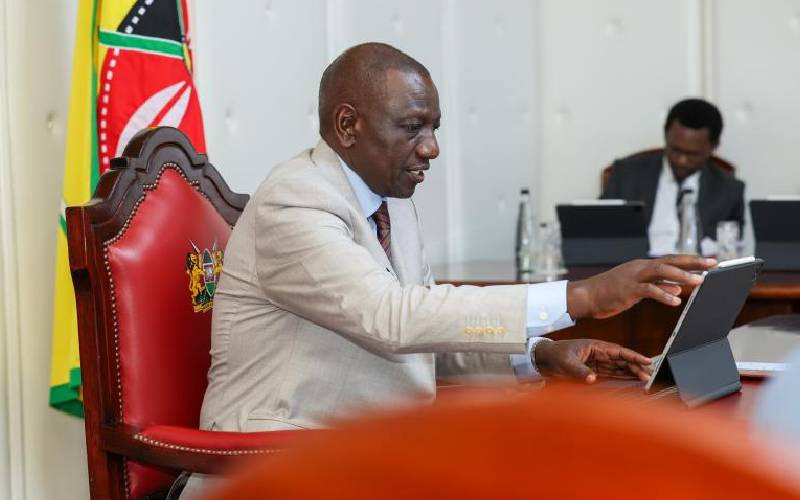×
The Standard e-Paper
Fearless, Trusted News

This past week, the president's communication team courted controversy on social media in attempting to draw comparatives between the Mwai Kibaki and Uhuru Kenyatta eras using the tax revenue to GDP ratio.
While this is a popular indicator in economics to track economic activity in the country, the intended objective in this instance is both misleading and intended to deceive.